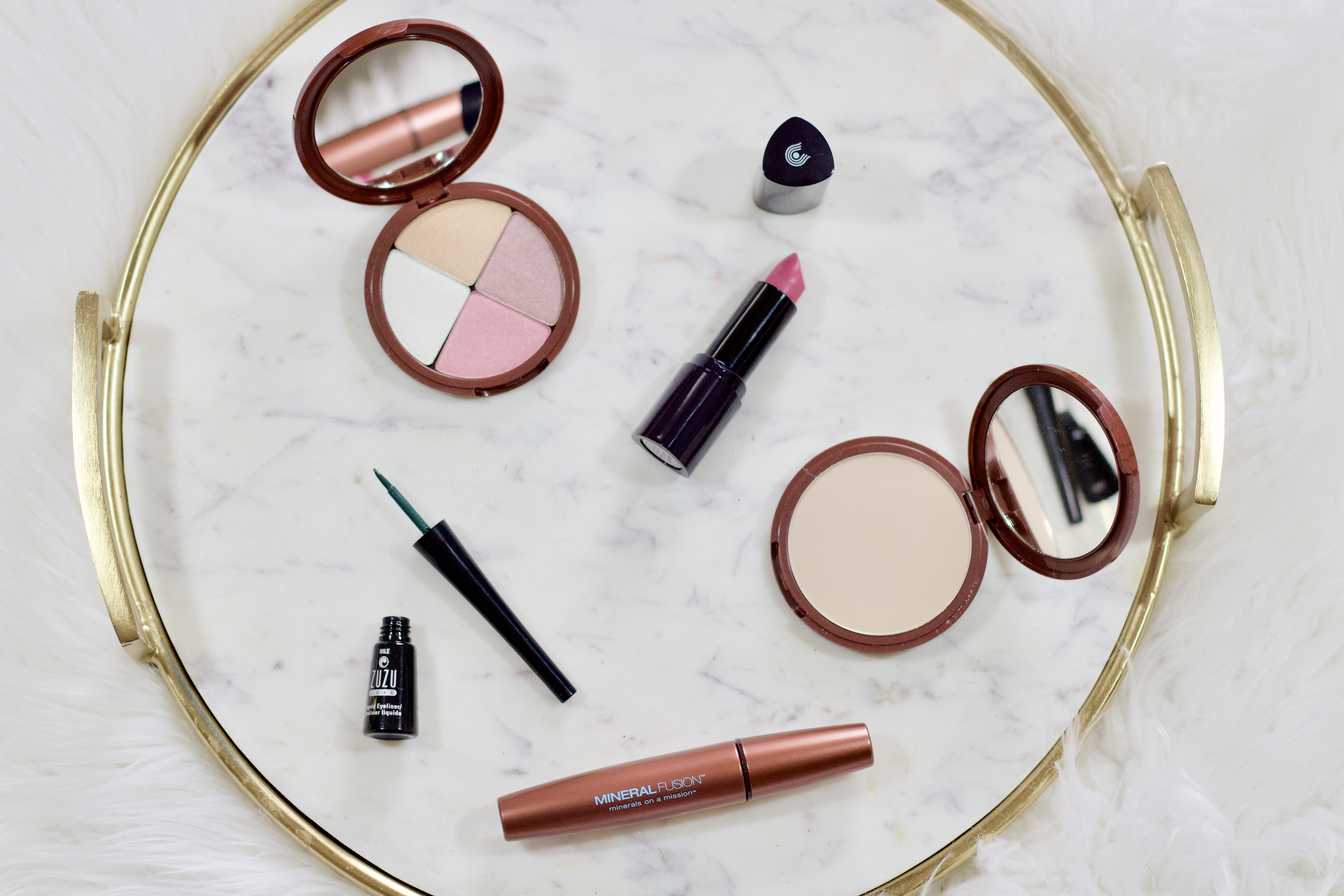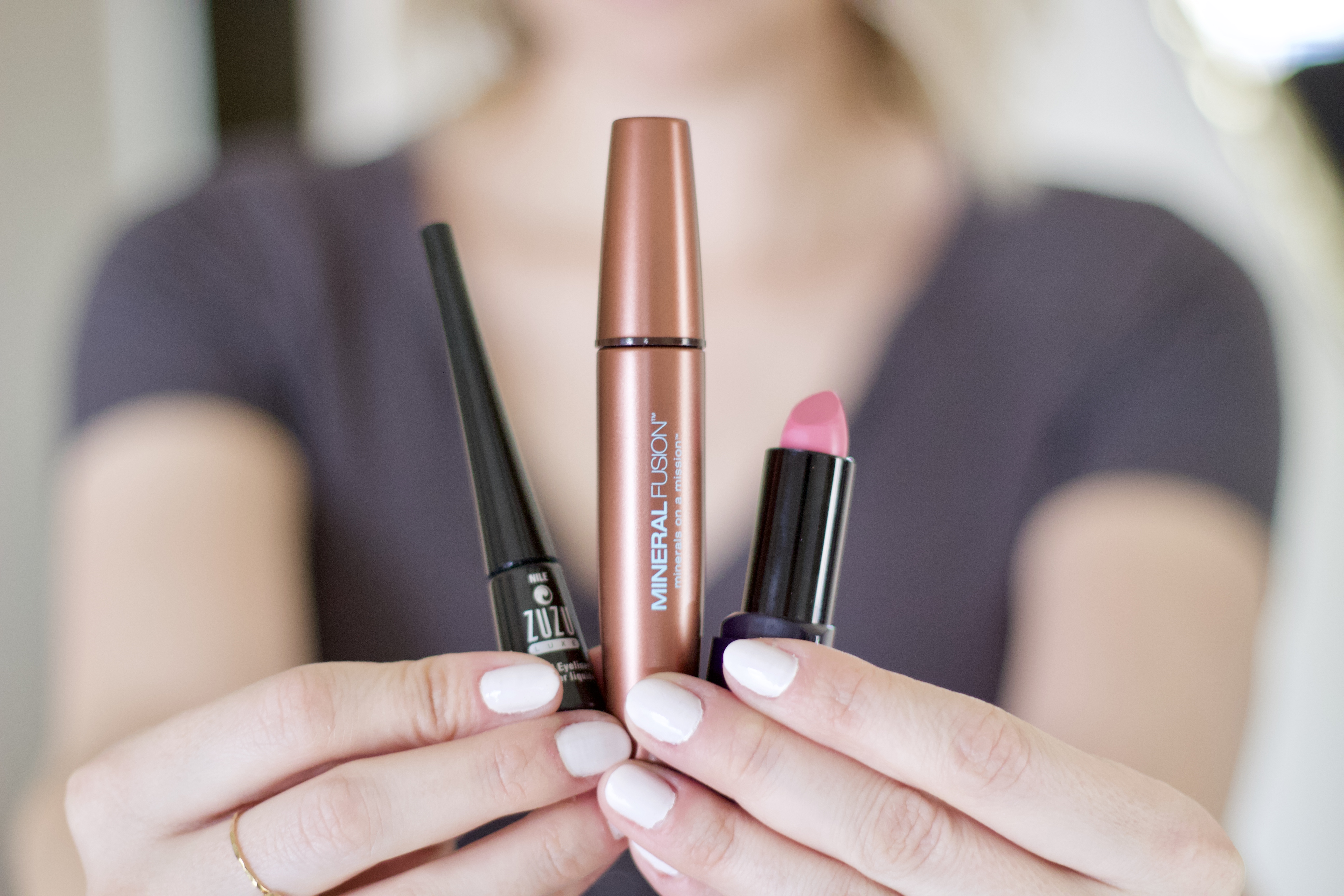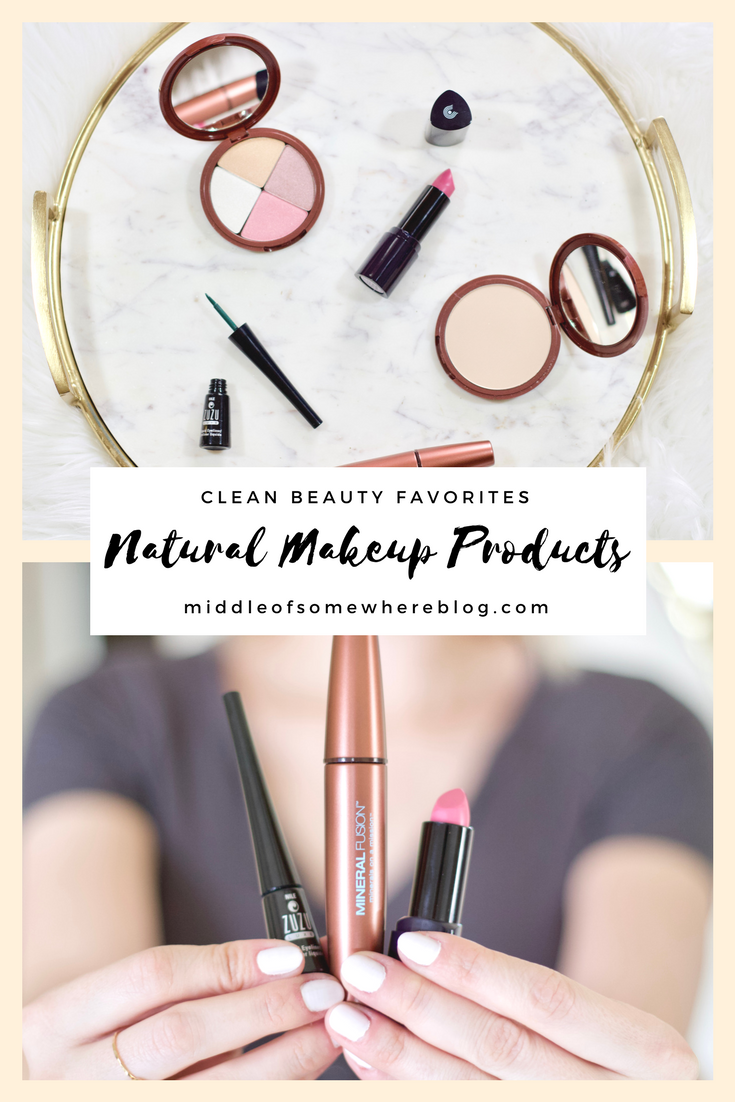The Rise of Natural Beauty: Exploring the World of Whole Foods Makeup
Related Articles: The Rise of Natural Beauty: Exploring the World of Whole Foods Makeup
Introduction
In this auspicious occasion, we are delighted to delve into the intriguing topic related to The Rise of Natural Beauty: Exploring the World of Whole Foods Makeup. Let’s weave interesting information and offer fresh perspectives to the readers.
Table of Content
- 1 Related Articles: The Rise of Natural Beauty: Exploring the World of Whole Foods Makeup
- 2 Introduction
- 3 The Rise of Natural Beauty: Exploring the World of Whole Foods Makeup
- 3.1 Understanding Whole Foods Makeup: A Definition
- 3.2 The Allure of Whole Foods Makeup: Benefits and Advantages
- 3.3 Key Ingredients in Whole Foods Makeup: A Glimpse into Nature’s Beauty Arsenal
- 3.4 Navigating the World of Whole Foods Makeup: A Guide to Informed Choices
- 3.5 FAQs About Whole Foods Makeup
- 3.6 Tips for Using Whole Foods Makeup
- 3.7 Conclusion: Embracing a Natural Approach to Beauty
- 4 Closure
The Rise of Natural Beauty: Exploring the World of Whole Foods Makeup

The beauty industry is undergoing a significant transformation, driven by a growing awareness of the ingredients used in personal care products. Consumers are increasingly seeking natural, sustainable, and ethically sourced options, leading to a surge in demand for whole foods makeup. This trend is not merely a passing fad; it reflects a profound shift in consumer values and a desire for products that align with a holistic approach to health and well-being.
Understanding Whole Foods Makeup: A Definition
Whole foods makeup, also known as natural or organic makeup, is formulated with ingredients derived from plants, minerals, and other natural sources. These ingredients are typically unprocessed, free from synthetic chemicals, and often certified organic. The focus is on utilizing the inherent properties of natural ingredients to enhance beauty while minimizing potential harm to the skin and the environment.
The Allure of Whole Foods Makeup: Benefits and Advantages
The appeal of whole foods makeup lies in its multifaceted benefits, encompassing health, sustainability, and ethical considerations.
1. Health and Skin Benefits:
- Gentle on Sensitive Skin: Whole foods makeup is often hypoallergenic and less likely to trigger allergic reactions or irritate sensitive skin. The absence of harsh chemicals and synthetic fragrances makes it a suitable choice for individuals with skin conditions like eczema or rosacea.
- Nourishing and Protective: Many natural ingredients possess inherent skincare properties. For instance, aloe vera soothes and hydrates, while green tea provides antioxidant protection against environmental damage. These ingredients can contribute to healthier, more radiant skin over time.
- Reduced Risk of Exposure to Harmful Chemicals: Whole foods makeup avoids the use of synthetic chemicals, such as parabens, phthalates, and sulfates, which have been linked to potential health concerns. This minimizes the risk of skin irritation, hormonal disruption, and other adverse effects.
2. Sustainability and Environmental Responsibility:
- Minimizing Environmental Impact: Whole foods makeup often uses packaging made from recycled or sustainable materials. The focus on natural ingredients also reduces the reliance on synthetic chemicals, contributing to a lower environmental footprint.
- Supporting Sustainable Farming Practices: Many brands prioritize sourcing ingredients from organic farms that adhere to sustainable agricultural practices, minimizing the use of pesticides and promoting biodiversity.
- Biodegradable and Compostable Ingredients: Natural ingredients are generally biodegradable, meaning they break down naturally over time without leaving harmful residues. This promotes a circular economy and reduces environmental pollution.
3. Ethical Considerations:
- Animal Cruelty-Free: Many whole foods makeup brands are certified cruelty-free, ensuring that no animal testing is involved in the product development or manufacturing process.
- Transparency and Traceability: Whole foods makeup brands often prioritize transparency, providing detailed information about their ingredients, sourcing practices, and manufacturing processes. This allows consumers to make informed choices and support brands that align with their values.
Key Ingredients in Whole Foods Makeup: A Glimpse into Nature’s Beauty Arsenal
The beauty of whole foods makeup lies in its ability to harness the natural properties of various ingredients. Here are some common ingredients and their benefits:
- Plant-Based Pigments: These include pigments derived from fruits, vegetables, minerals, and clays. They provide vibrant colors while being gentle on the skin. Examples include beetroot for a natural blush, iron oxide for a rich brown, and mica for shimmering effects.
- Oils and Butters: Oils like jojoba, argan, and coconut provide moisture, nourishment, and a smooth, silky texture. Butters like shea and cocoa offer intense hydration and antioxidant protection.
- Antioxidants: Ingredients like green tea, pomegranate, and vitamin E protect the skin from free radical damage caused by environmental stressors.
- Botanical Extracts: These extracts, derived from plants like chamomile, lavender, and rose, offer soothing, calming, and anti-inflammatory properties.
Navigating the World of Whole Foods Makeup: A Guide to Informed Choices
Choosing the right whole foods makeup can be an exciting journey. Here are some factors to consider:
- Certification: Look for products certified organic by reputable organizations like USDA Organic or Ecocert. These certifications ensure that the ingredients meet stringent standards for purity and sustainability.
- Ingredient List: Pay close attention to the ingredient list and choose products with minimal processing and a high percentage of natural ingredients. Avoid products containing synthetic fragrances, parabens, phthalates, and other potentially harmful chemicals.
- Brand Philosophy: Research the brand’s values and commitment to sustainability, ethical sourcing, and animal welfare. Choose brands that align with your personal values and support responsible practices.
- Skin Type and Concerns: Consider your skin type and specific concerns. For example, individuals with sensitive skin may benefit from products formulated with calming ingredients like aloe vera or chamomile.
FAQs About Whole Foods Makeup
1. Is Whole Foods Makeup Effective?
Whole foods makeup can be just as effective as conventional makeup. Natural pigments provide vibrant colors, and the nourishing ingredients can enhance skin health over time.
2. Does Whole Foods Makeup Last as Long as Conventional Makeup?
The longevity of whole foods makeup can vary depending on the formula and application. Some natural ingredients may not have the same staying power as synthetic ingredients, but advancements in technology and formulation are addressing this concern.
3. Is Whole Foods Makeup More Expensive?
Whole foods makeup can be more expensive than conventional makeup, but the premium often reflects the use of high-quality, natural ingredients, ethical sourcing, and sustainable practices.
4. Where Can I Find Whole Foods Makeup?
Whole foods makeup is increasingly available online and in specialty stores. Many natural and organic beauty retailers carry a wide range of brands and products.
5. How Do I Know if Whole Foods Makeup is Right for Me?
If you are concerned about the ingredients in your makeup or seek products that are gentle on your skin, sustainable, and ethically sourced, then whole foods makeup may be a good option for you.
Tips for Using Whole Foods Makeup
- Proper Application: Use a light touch and blend well for a natural finish.
- Skin Prep: Prepare your skin with a gentle cleanser and moisturizer before applying makeup.
- Storage: Store your whole foods makeup in a cool, dry place to preserve its freshness.
- Patch Test: Perform a patch test on a small area of skin before applying a new product to your entire face, especially if you have sensitive skin.
Conclusion: Embracing a Natural Approach to Beauty
The shift towards whole foods makeup reflects a growing awareness of the connection between our health, the environment, and the products we use. By embracing natural ingredients and sustainable practices, consumers can enhance their beauty while contributing to a healthier and more responsible beauty industry. The future of beauty lies in harnessing the power of nature to create products that are both beautiful and beneficial, fostering a more sustainable and ethical approach to beauty.








Closure
Thus, we hope this article has provided valuable insights into The Rise of Natural Beauty: Exploring the World of Whole Foods Makeup. We hope you find this article informative and beneficial. See you in our next article!